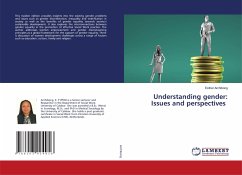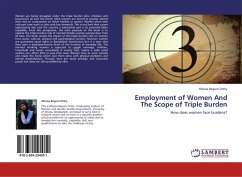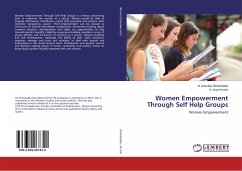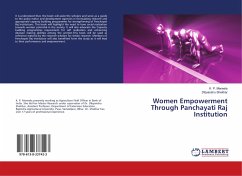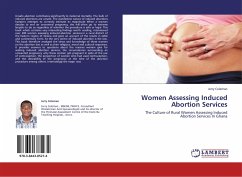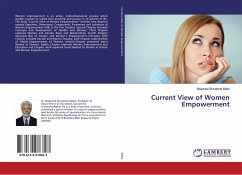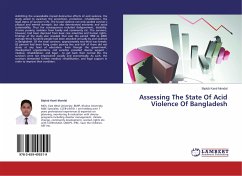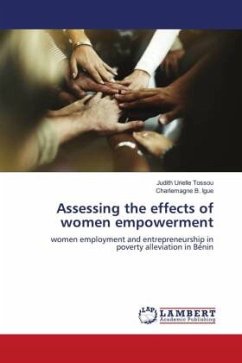
Assessing the effects of women empowerment
women employment and entrepreneurship in poverty alleviation in Bénin
Versandkostenfrei!
Versandfertig in 6-10 Tagen
29,99 €
inkl. MwSt.

PAYBACK Punkte
15 °P sammeln!
Agricultural feminization is prevalent among Sub Sahara Africa (SSA) low income countries. Most of the residents in low income countries still live in rural areas and agriculture hires more than half of the labor force. While the share of female employment in agriculture exceeds the share of male employment, lack of land ownership, credit, water and other production inputs often limits women's productivity and leaves them in extreme poverty. Feminization of poverty partially can be explained by agricultural feminization. Although the agricultural sector's share in employment shrinks during urb...
Agricultural feminization is prevalent among Sub Sahara Africa (SSA) low income countries. Most of the residents in low income countries still live in rural areas and agriculture hires more than half of the labor force. While the share of female employment in agriculture exceeds the share of male employment, lack of land ownership, credit, water and other production inputs often limits women's productivity and leaves them in extreme poverty. Feminization of poverty partially can be explained by agricultural feminization. Although the agricultural sector's share in employment shrinks during urbanization, the relative proportion of women working in agriculture increases (Lastarria, 2008). Croppenstendt et al. suggest that lack of agriculture production inputs, such as, land ownership, fertilizer, and credit, water etc., explains the gender productivity gap. Here, the empowerment of women in agriculture is justified by the practice of irrigation cultivation, access to land, the acquisition of organic fertilizers, chemical fertilizers and seeds. So, in this first part of our study, we are interested in farm households that have these agricultural assets.



